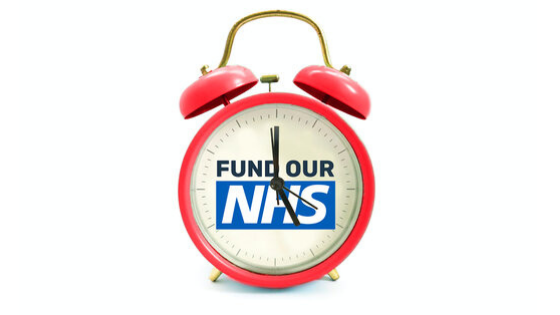Rationing is placing any kind of limitation on diagnosis or treatment for any kind of illness.
It has been a feature of NHS services for at least 20 years, with successive Governments choosing to ration certain procedures either overtly or covertly. This is often justified with claims that money needs to be saved.
There are two ways that rationing is often proposed for money saving purposes according to the Nuffield Trust:
- to exclude procedures that are thought to be of low value.
- to exclude patients on the grounds of lifestyle or some other factors.
The Royal College of Surgeons has identified ‘pain threshold’ rationing as a further form of rationing, where patients have to experience a certain level of pain or disability before qualifying for surgery.
Low value?
While much attention is given to discussion around the provision of cosmetic procedures by the NHS very little has ever been provided, and recent rationing proposed has included routine procedures such as:
- having an X-ray for back pain
- hernia repair surgery or
- scans of knees or exploratory surgery to detect arthritis.
The Nuffield Trust also notes that while NICE may have found a diagnostic or treatment option to be ‘low value’ that is not the same as no value, meaning it does have some proven value to some patients. This means that it is very difficult to calculate the cost savings made by a blanket ban on certain procedures, and there may not be any if productivity is lost elsewhere.
It is also the case that forms of rationing that simply delay treatment i.e. until after a patient has stopped smoking or losing weight don’t necessarily save money as the procedure will eventually need to be done.
Saving money?
Much of the rationing introduced in recent years was in order to plug a projected £22 billion gap in NHS budgets. So did it work?
Before the Covid-19 pandemic about 47% of NHS trusts were in the red in 2018/19. Projected deficits for trusts are around £5 billion, according to Full Fact, and that is just for secondary care.
A two tier system
A further problem with rationing is that it encourages a two tier system or ‘privatisation by stealth’. This is because people who can find the money to pay for private diagnostic services and treatments will be encouraged to use the private sector to access them, while people unable to this will not receive the treatment they need.
Next section: Outsourcing staff
Further reading
In this section Keep Our NHS Public has created a number of articles to help you explore the different ways the NHS is being privatised.
Read our definition of NHS privatisation.
You can find a summary of these on our page: How is the NHS being privatised?
Read in more detail about the different mechanisms being used to privatise the NHS:
- Private Finance Initiatives
- Health and Social Care Act 2012
- Cuts and underfunding
- Rationing
- Outsourcing staff
- Migrant charging
- Trade deals and data privacy
- Health and Care Bill 2021

